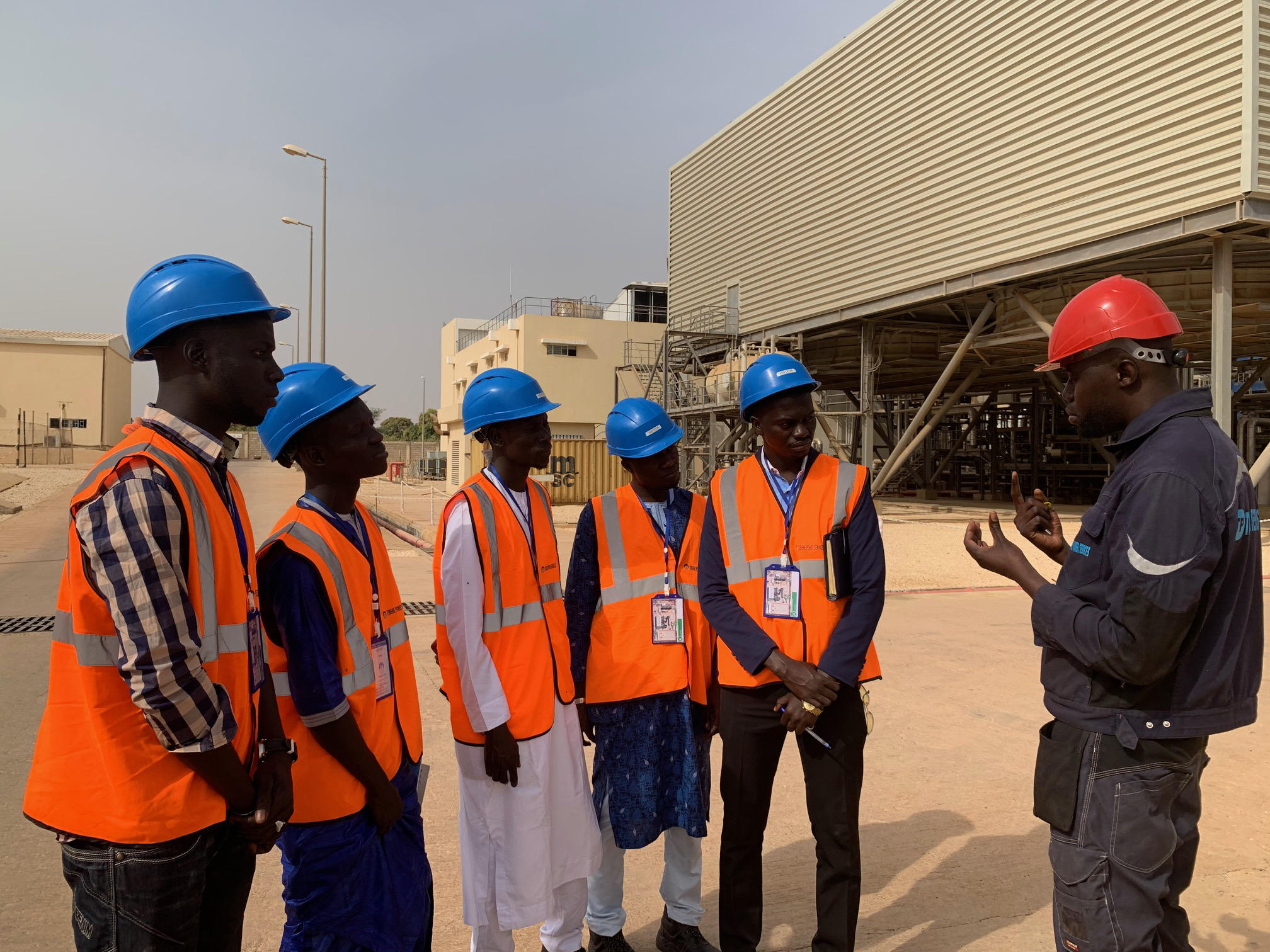With a strong platform for creating a positive impact for the communities in which it operates, Azura Power Ltd, a pan-African independent power plant company, has long sought to help empower women economically in the communities in which it operates. When Covid-19 struck, the company’s Group ESG Director Seynabou Ba was clear that women had an important role to play in keeping their families safe and as such the company had to engage even more with communities during these unprecedented times.
“We take the view that we want to empower women without disrupting them,” says Seynabou. “Men can sometimes feel threatened if women become more independent and that can counter the actions taken to support women.” As a result, the company takes a considered approach that ensures any initiatives it leads are done in a culturally appropriate way. “We have to look at where women’s power lies today and build on that as opposed to building a whole new ecosystem,” she adds. “And women have different ways of asserting their power in different cultures. It’s important to keep an open mind and focus on the outcome without getting bogged down in what empowerment should look like.”
We have to look at where women’s power lies today and build on that as opposed to building a whole new ecosystem
Seynabou Ba, Group ESG DirectorShe points to the fact that in Senegal, women often feel empowered by forming or being part of financial groups through which members of the association can access financing through micro loans with interest. Azura is increasing one of its funds managed by women from the local community by increasing the capital available for loans. In this particular fund the default rate is 0%.
Azura has been engaging with local community schools for a number of years on the basis that education around gender equality starts early. “I noticed in school that some domestic chores were only assigned to girls, and when I challenged it, the response was often “boys don’t do domestic work, they wouldn’t do that in their homes”. The same applies to sports, the focus is often on facilities for boys despite studies pointing to the positive impacts of sport on girls.
“Even though there is resistance to change, I think it’s important to start a conversation about how can we change the expectation within the school fence. Sometimes, you have to take baby steps.”
When Covid-19 started spreading, Azura’s links with schools were reinforced before they closed through educational and awareness campaigns about the disease, including the importance of hand-washing, backed up by donations of soaps and posters. Yet it quickly became apparent that soap was increasing in price dramatically as demand for it soared. This has led to Azura to look into a pilot programme that will see local women learn soap-making. Not only does this initiative aim to help communities gain access to an important product in the context of a life-threatening pandemic but also to teach women a new, revenue-generating skill that will promote economic empowerment. It would be easier and cheaper simply to provide bars of soap but this initiative, we hope, will have a much deeper and longer lasting impact on the economic prospects of women in our communities.
Not only does this initiative aim to help communities gain access to an important product in the context of a life-threatening pandemic but also to teach women a new, revenue-generating skill that will promote economic empowerment.
In addition, when buying 9,000 face masks for communities, employees and a local health centre, Azura put out a tendering process to local tailors, one of our criteria was inclusion of women in the association of tailors. Note in Senegal most tailors are men. The bid that employed most women won the work. Further, the company is planning to buy close to 2,000 handwash stations, made locally, to put outside houses to increase the measures to help stop the spread of the disease.
Azura’s work externally on promoting female economic empowerment is matched by its internal culture, says Seynabou. “I’ve always felt very comfortable here,” she says. “Everyone is listened to equally – it’s a deliberate culture that the CEO, Alan Muir has fostered.” This is reflected in the fact that, in addition to Seynabou’s Group ESG Director position, the company’s senior management team includes a female Chief Financial Controller and General Counsel.
